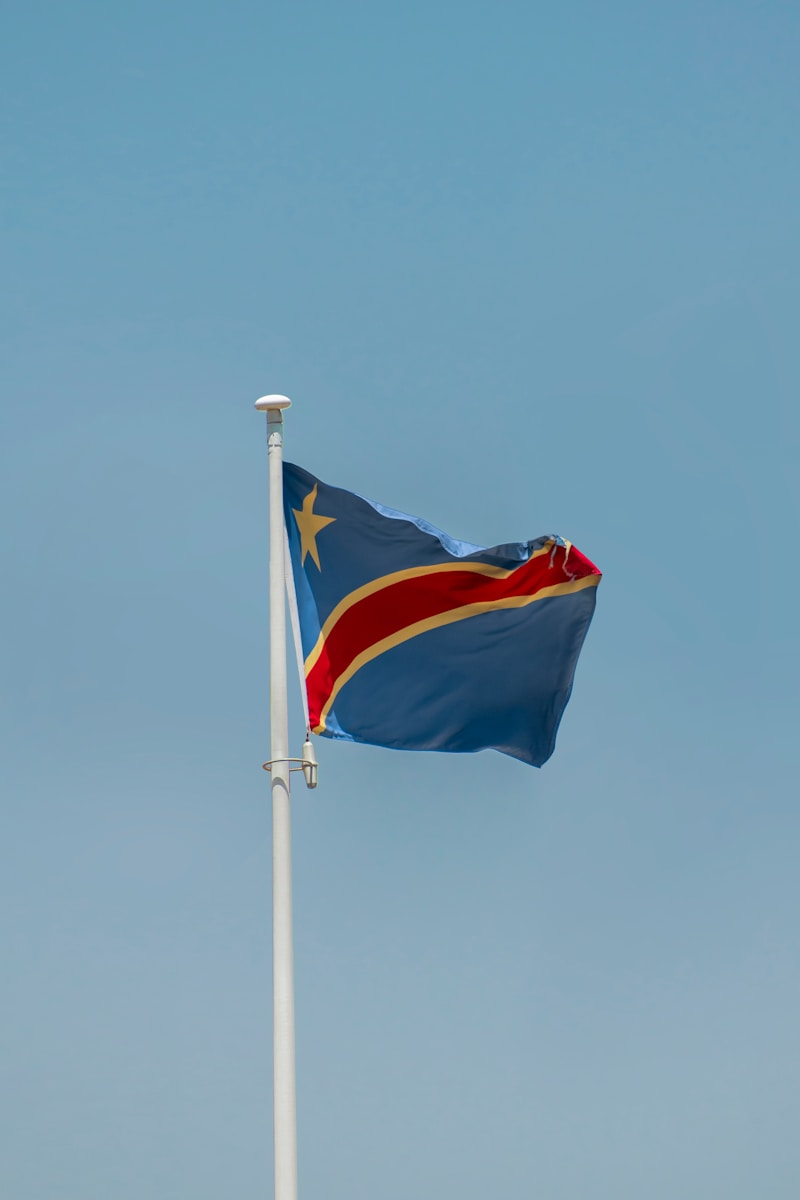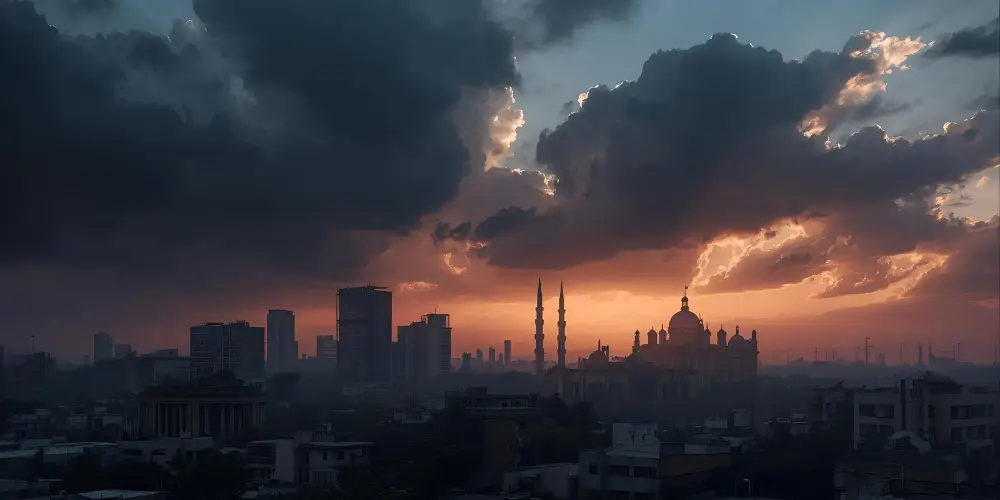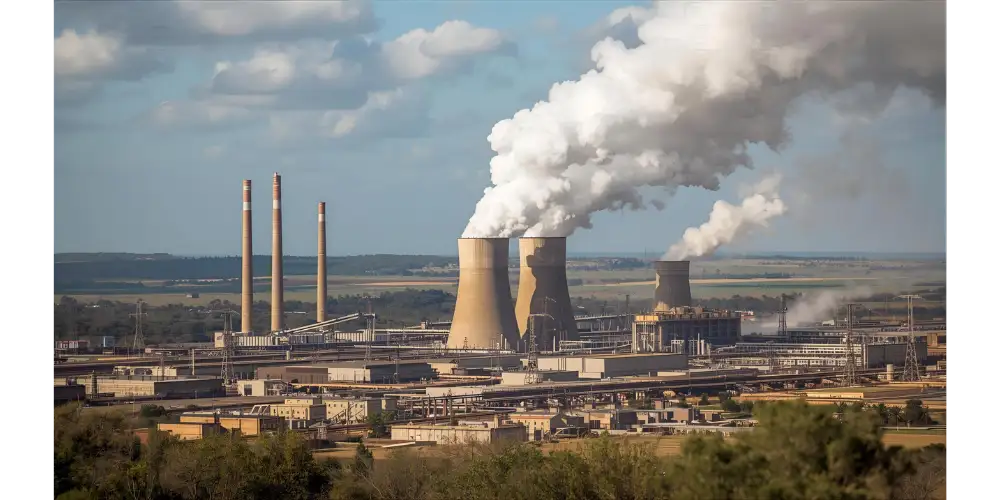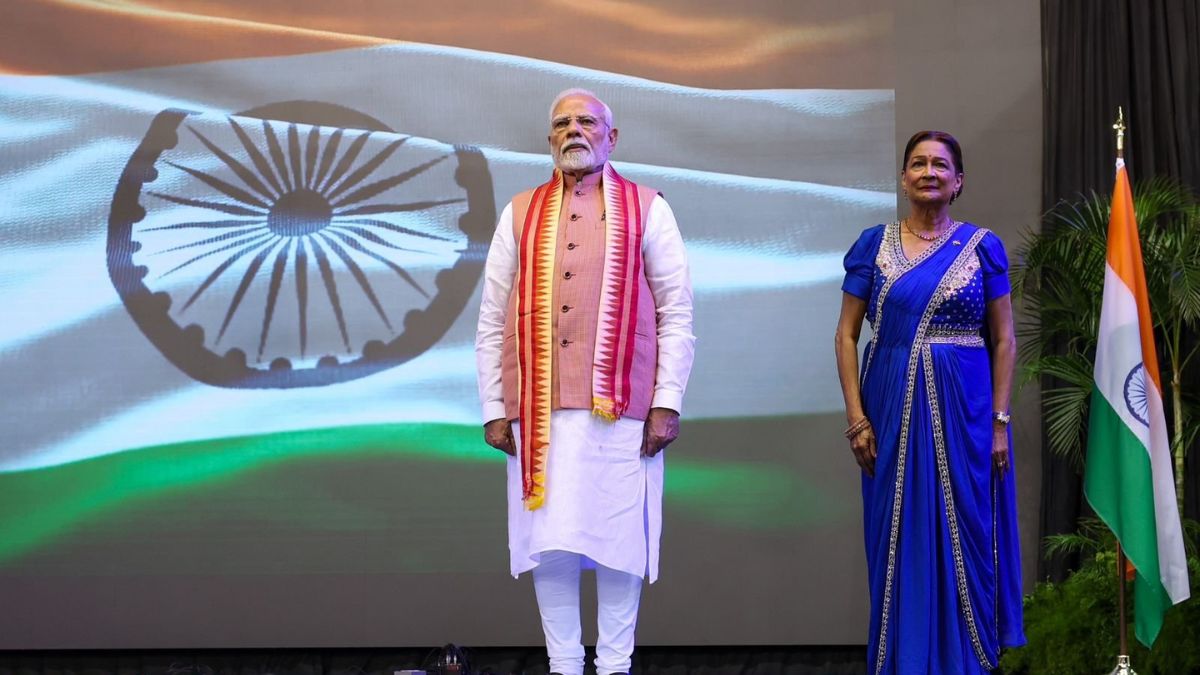Why Many Africans Are Outraged by President Tshisekedi’s Resource Deals in the DRC

Drop files to upload
Why Many Africans Are Outraged by President Tshisekedi’s Resource Deals in the DRC
The Democratic Republic of Congo (DRC) is a nation blessed with abundant natural resources, including vast deposits of minerals vital to the global economy, such as cobalt, copper, and coltan. However, these riches have often been a double-edged sword for the Congolese people, whose aspirations for development and prosperity have frequently been undermined by systemic corruption and mismanagement at the highest levels of government. In recent years, the leadership of President Félix Tshisekedi has come under intense scrutiny amid accusations of “selling off” national assets in a manner perceived as harmful to the country’s long-term interests.
The controversy centers around several large-scale contracts and agreements with foreign investors, which critics argue are poorly negotiated and lack transparency. This has fueled widespread anger across the continent, as many fear that the DRC’s wealth is once again being exploited without delivering meaningful benefits to its citizens. These deals have raised alarms not only within the DRC but also among neighboring African nations and international observers, who worry that the country’s mineral wealth is being siphoned off in ways that perpetuate inequality and economic dependency.
The Roots of Public Discontent
The frustration felt by many Africans toward Tshisekedi’s administration is deeply tied to the DRC’s historical challenges with governance and corruption. For decades, the country’s immense natural wealth has been a source of conflict and exploitation rather than development. Corrupt practices at the top echelons of power have meant that revenues from mining and other sectors rarely translate into improved infrastructure, healthcare, education, or social services for the population.
In this context, any major deal that appears to prioritize foreign investors or private interests over the welfare of the Congolese people is met with suspicion. Many view the recent agreements as a continuation of a troubling pattern where national resources are handed over without adequate safeguards or accountability mechanisms, leaving the country vulnerable to exploitation and increasing the divide between elites and ordinary citizens.
Transparency and Accountability Concerns
One of the core criticisms leveled at Tshisekedi’s government relates to the opaque nature of the contracts and negotiations involved in these resource deals. Civil society groups and watchdog organizations have repeatedly called for greater transparency to ensure that agreements are in the public interest and that revenues are properly accounted for and reinvested in development projects.
The lack of clarity has also sparked fears about nepotism, favoritism, and the possibility of corrupt officials profiting personally at the expense of the nation. Without clear, accessible information about the terms of these contracts, it becomes difficult for citizens and independent observers to hold the government accountable or assess whether the deals are fair and beneficial.
Economic Implications and Regional Impact
The ramifications of these resource deals extend beyond the DRC’s borders. The country is a critical supplier of key minerals essential to modern technologies, including electric vehicles and renewable energy infrastructure. How the DRC manages these resources affects global supply chains and the broader African economy.
Should the perceived mismanagement continue, it could deter potential investors interested in sustainable and ethical partnerships, thus limiting economic growth and regional integration. Furthermore, neighboring countries watch closely, as instability or economic fallout in the DRC often has ripple effects across the continent, affecting trade, security, and development initiatives.
The Call for Reform and Sustainable Development
Many advocates argue that to move past this crisis of confidence, the DRC’s government must implement comprehensive reforms that emphasize transparency, good governance, and the equitable distribution of wealth. This includes revisiting existing contracts to ensure they align with national interests and establishing independent oversight bodies to monitor resource management.
Investing in capacity-building and strengthening institutions can help reduce corruption and improve service delivery, which in turn would foster greater trust among the population. Additionally, promoting community engagement and empowering local stakeholders in decision-making processes can ensure that development projects meet the needs of the people most affected by resource extraction.
Conclusion: Navigating the Path Forward
The anger directed at President Tshisekedi’s government over the so-called “sell-off” of the DRC underscores a broader struggle faced by resource-rich African nations: how to harness natural wealth for the benefit of their citizens rather than allowing it to become a source of division and exploitation. The path forward demands a steadfast commitment to transparency, accountability, and inclusive development.
By addressing these fundamental challenges, the DRC can not only restore faith in its leadership but also set a powerful example for sustainable resource management across Africa. The potential for economic growth and social progress is immense, but it requires that national assets are managed prudently and with the interests of the Congolese people at heart.
Ultimately, the future of the DRC’s resources lies in the hands of its leaders and citizens alike, as they navigate the complexities of global demand and domestic needs in pursuit of a more just and prosperous society.
For further insights on African governance and resource management, explore our related articles: African Resource Governance, Transparency International, and Economic Development in Africa.



